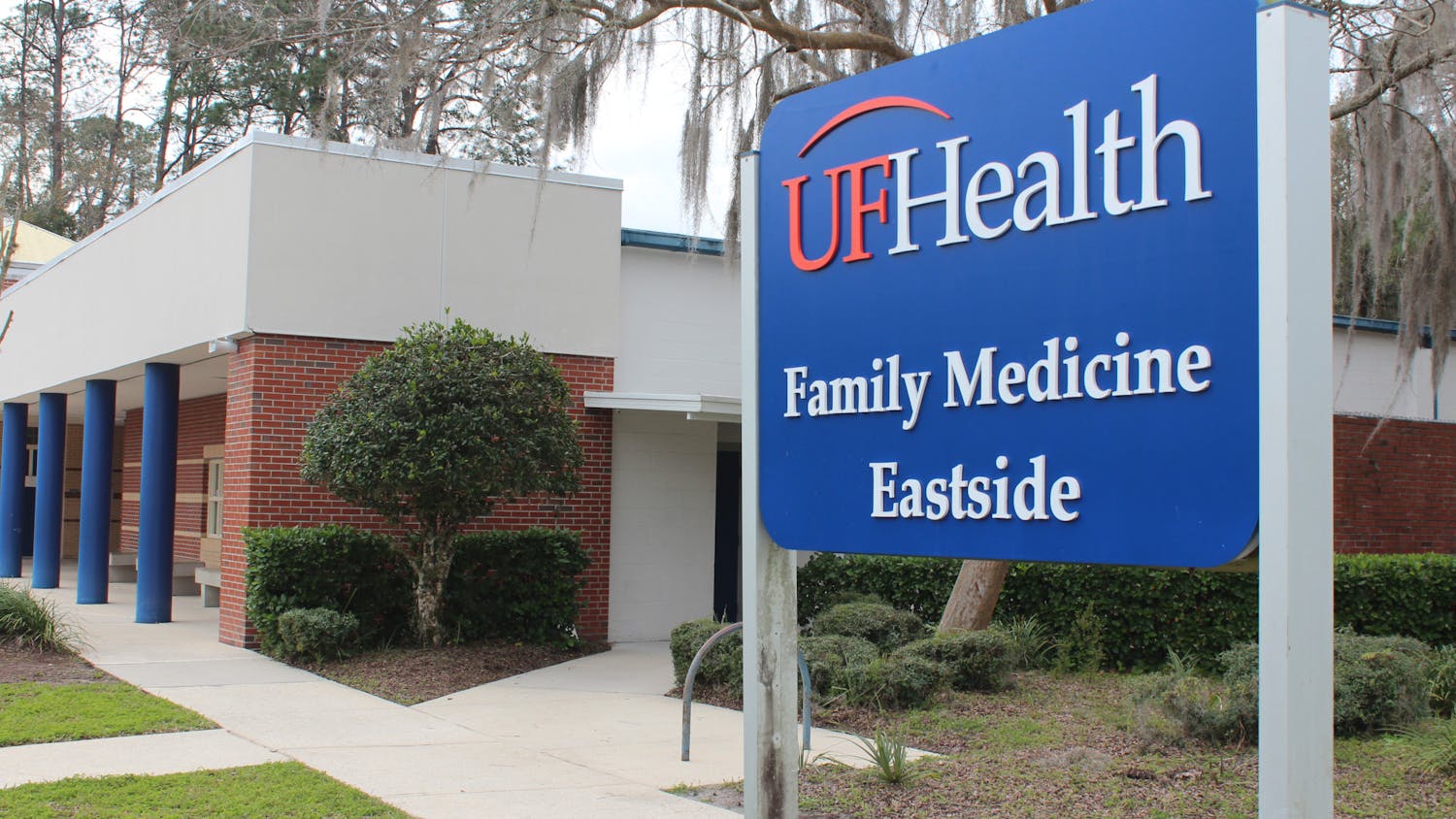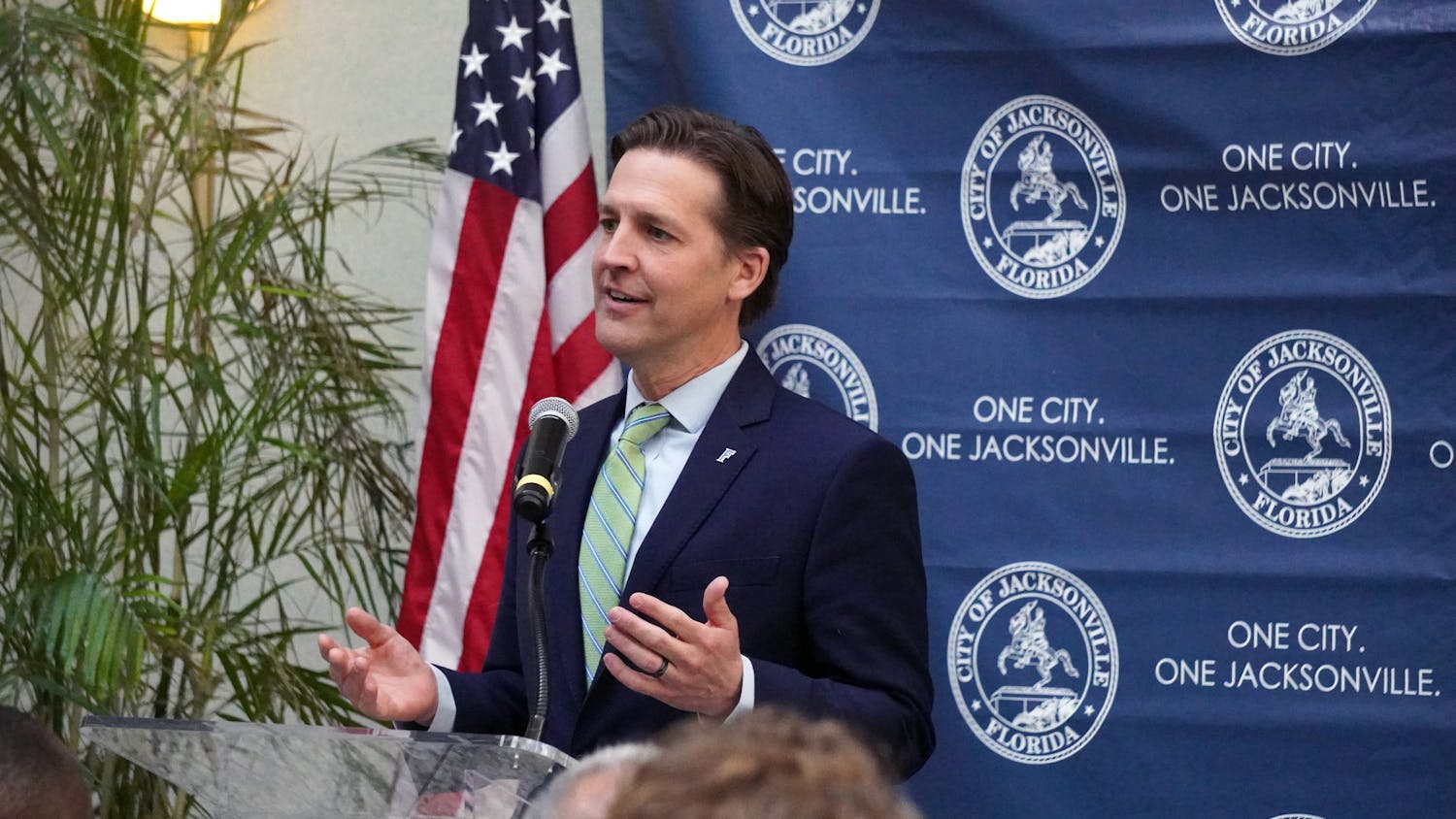UF doctors are searching for a better way to slow cancer.
Throughout the next year, doctors at Shands at UF will work with 120 patients with advanced, inoperable liver cancer. They will search for a way to give longer, happier lives to patients whose time is precious.
“Quality is just as important, if not more important, than quantity of life,” said Dr. Roniel Cabrera, the study leader and a UF assistant professor of medicine.
Only one medication is available to treat advanced liver cancer, a chemotherapy pill called Sorafenib. The makers of Sorafenib are funding the research through a $650,000 grant.
The doctors will essentially test how effective the pill is in lower doses.
The problem with the pill, Cabrera said, is that it has side effects, including diarrhea, nausea and fatigue. Some people don’t want to take the pill because the side effects are too bothersome, but the pill has been proven to help patients live about two months longer.
Dr. David Nelson, director of UF’s Clinical and Translational Science Institute, said some patients can’t tolerate the pill for long periods of time because of the side effects. He hopes this research will change that.
“In this devastating disease, this approach is essential to yield the best treatment opportunities for patients with advanced disease,” Nelson wrote in an e-mail.
Usually, patients are given two pills twice a day. The trial will determine if a patient will have less harsh side effects if he or she takes one pill a day, then two pills a day and so on until they are up to the regular dose.
The clinical trial started in November, and currently Shands at UF is the only hospital participating.
Cabrera said that he wants to spread this research throughout Florida and hopes to have the Mayo Clinic Hospital in Jacksonville, Florida Hospital in Orlando and about eight other Florida hospitals involved, as well as a few out-of-state facilities.
“The trial has the potential to break new ground in the treatment of primary liver cancer,” Cabrera said.





